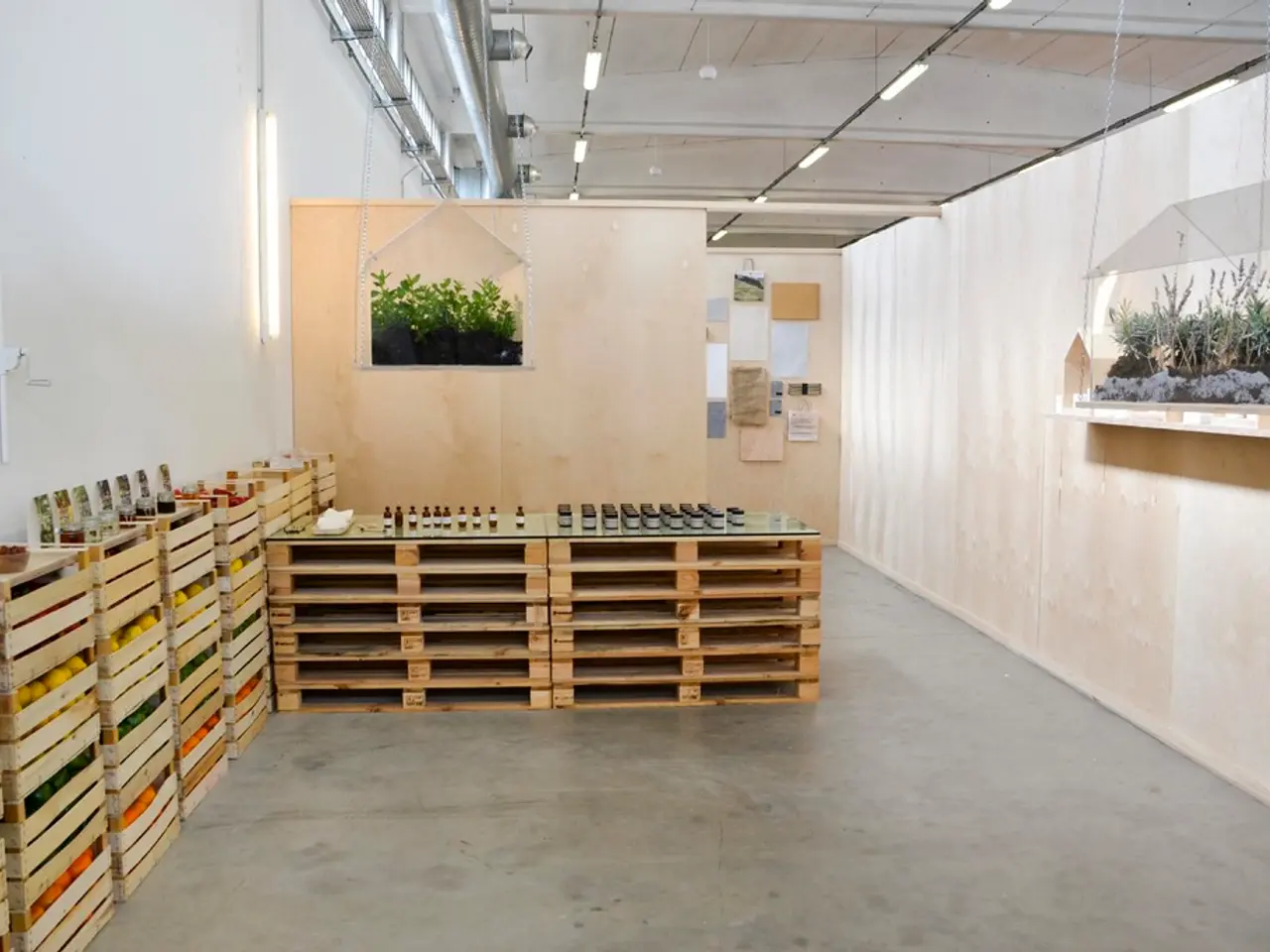What Light Provides the Optimal Illumination for Your Aquarium's Coral?
Choosing the Right Lighting for Your Beginner Reef Aquarium
When it comes to setting up a reef aquarium, one of the most crucial decisions you'll make is choosing the right lighting. This article will guide you through the process, focusing on LED and T5 fluorescent lighting options suitable for beginners.
For those just starting out, the NICREW HyperReef LED light and fixtures like the Hydra Edge 68HD are excellent choices. These lights offer a full spectrum with good blue channel control, are easy to use, reliable, and affordable, making them ideal for supporting coral growth while providing flexibility for daytime full-spectrum lighting and blue-heavy evening modes to showcase coral fluorescence.
Key reasons these lights are ideal for beginners include their full spectrum and blue spectrum mixes, adjustability and simplicity, PAR output suited for typical beginner corals, affordability, and ease of installation and use.
A simple and consistent lighting schedule, such as the 1-8-1 ratio (1 hour ramp-up, 8 hours full intensity, 1 hour ramp-down), is recommended to ensure coral stability and health without complexity. Additionally, consider the location of your tank, and if in a living area, full spectrum lighting is easier on the eyes during daytime viewing.
Research your specific corals’ light preferences, as some species need different spectra or intensities. Remember, the light for a reef aquarium must emit sufficient PAR (Photosynthetic Active Radiation) to support photosynthesis within the coral, with a focus on blue wavelengths.
T5 fluorescent lighting, like the RAZOR T5 Light Module, MATRIXX 49" T5 Light Fixture, and STELLAR T5 Hybrid Light Fixture, may be a better choice for first-time tank owners due to their simplicity and ease of use. They produce a very even spread of light, are effective in covering the tank, and don't produce as much heat as metal halide lamps, but bulbs need to be replaced annually.
While metal Halide lighting produces a natural spectrum, looks great, and provides plenty of PAR, it is bulky and emits a lot of heat. LEDs, on the other hand, are compact, very efficient in terms of electricity consumption, produce minimal to no heat, last many years without diminishing output, and offer advanced control options.
When shopping for reef tank lights, it's recommended to avoid metal halide lighting due to its dated technology. LED lighting is currently dominating the scene for reef aquarium lighting due to its efficiency and advanced controls. T5 fixtures do not require setting the spectrum or tuning the output, and a fixture that matches the tank length should provide the necessary spectrum and output for coral growth.
LED lights, however, require tuning of output and spectrum for optimal coral growth. When choosing an LED light, it's recommended to select from major lighting manufacturers and follow the guidance of experienced aquarists. Choose a light that is suitable for a reef aquarium, aligning with tank goals, and providing the necessary PAR values for corals like SPS.
Consider the mounting option of the light to ensure it can be mounted over the tank in the desired manner. Robert, with over 25 years of experience in aquarium keeping and 18 years in the saltwater aquarium industry, writes content for the saltwater aquarium industry.
In conclusion, beginner-friendly reef LED lights strike a balance between biological requirements, ease of setup/use, and budget considerations, making lights like NICREW HyperReef or mid-range customizable LEDs excellent starting points. More advanced options such as Hydra Edge or Aqua Illumination's AI Hydra series exist but tend to be pricier and better for experienced hobbyists.







